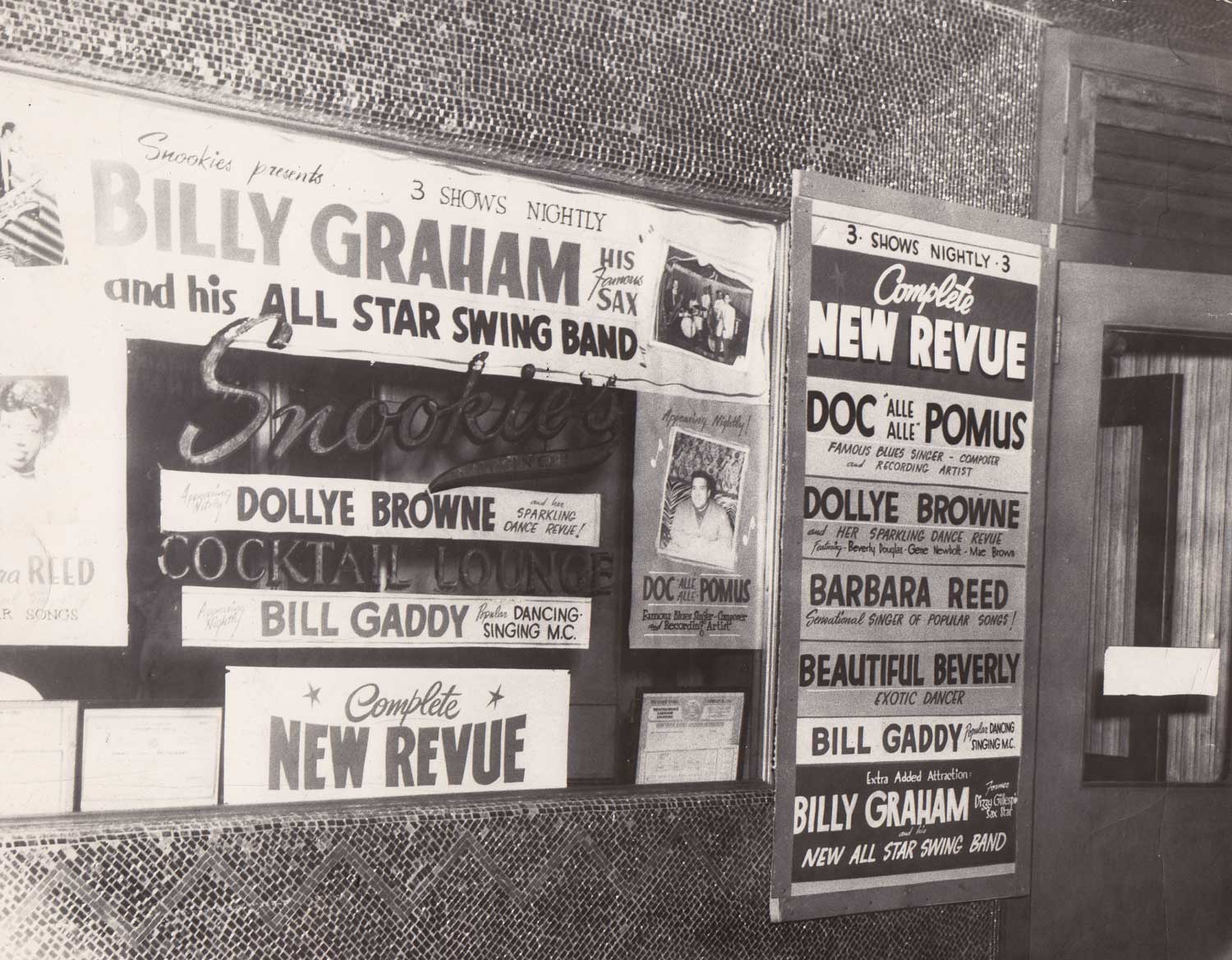Dion and his music represent a special time and place . . . a moment when a song could mean so much and a singer could sum up what it means to be young, in love and on top of the world.
A street poet and singer of extraordinary versatility, range and resonance, Dion defined Rock ‘n’ Roll for a generation.
That mastery began at a very early age on the mean streets of the Bronx, New York. It was in the bars and on the street corners of his neighborhood that Dion developed his skill and distinctive style. R&B, blues, doo-wop and rock and roll all influenced his approach, but it was country’s great singer-songwriter Hank Williams who first sparked Dion’s singing ambitions. Williams’ hard driving lonesome sound attracted the city boy. By age twelve, Dion had collected fifty of Hank’s singles and could sing them all by heart.
His natural talent was further honed on the stoops and on street corners of Crotona Avenue, where he rounded up other local singers, improvising a capella licks. Then in 1957 he brought the best of the neighborhood rockers together to form his group, Dion and the Belmonts, named after Belmont Avenue in the heart of the Bronx.
“I Wonder Why” was their first hit, and over the next two years the group earned a reputation not only for topping the charts but for creating some of the most vital and exciting doo-wop music on the American scene. With songs such as “A Teenager In Love” and “Where or When,” Dion and the Belmonts earned their place in the history books. They were pioneers in rock and roll, and they made music that has endured.
A national sensation, they toured extensively and were co-headliners on the 1959 Winter Dance Party, the tour that took the lives of Buddy Holly and Richie Valens. Dion was, in fact, scheduled to fly in the fateful plane that went down. The headliners flipped a coin to see who was going to fly. The Big Bopper and Dion won the toss. Then he discovered that the flight would cost $36 — the exact amount of rent his parents paid monthly. He said, “I couldn’t bring myself to pay a full month’s rent on a short flight. So I said, ‘Ritchie, you go.’ He accepted and took my seat. Only the four of us knew who was getting on that plane when we left the dressing room that night. Of those four, I was the only one who survived beyond February 3, 1959.”
Going solo in 1960, Dion racked up a string of number-one hits that many still consider to be the best of the entire rock and roll era, from the rocker “Runaround Sue” to the driving “Lovers Who Wander” to the anthemic “The Wanderer.” As the first rock and roll artist ever signed to Columbia Records, he continued his streak with such smashes as “Ruby Baby,” “Donna the Prima Donna” and “Drip Drop.”
In 1989 Dion was inducted into the Rock and Roll Hall of Fame.





